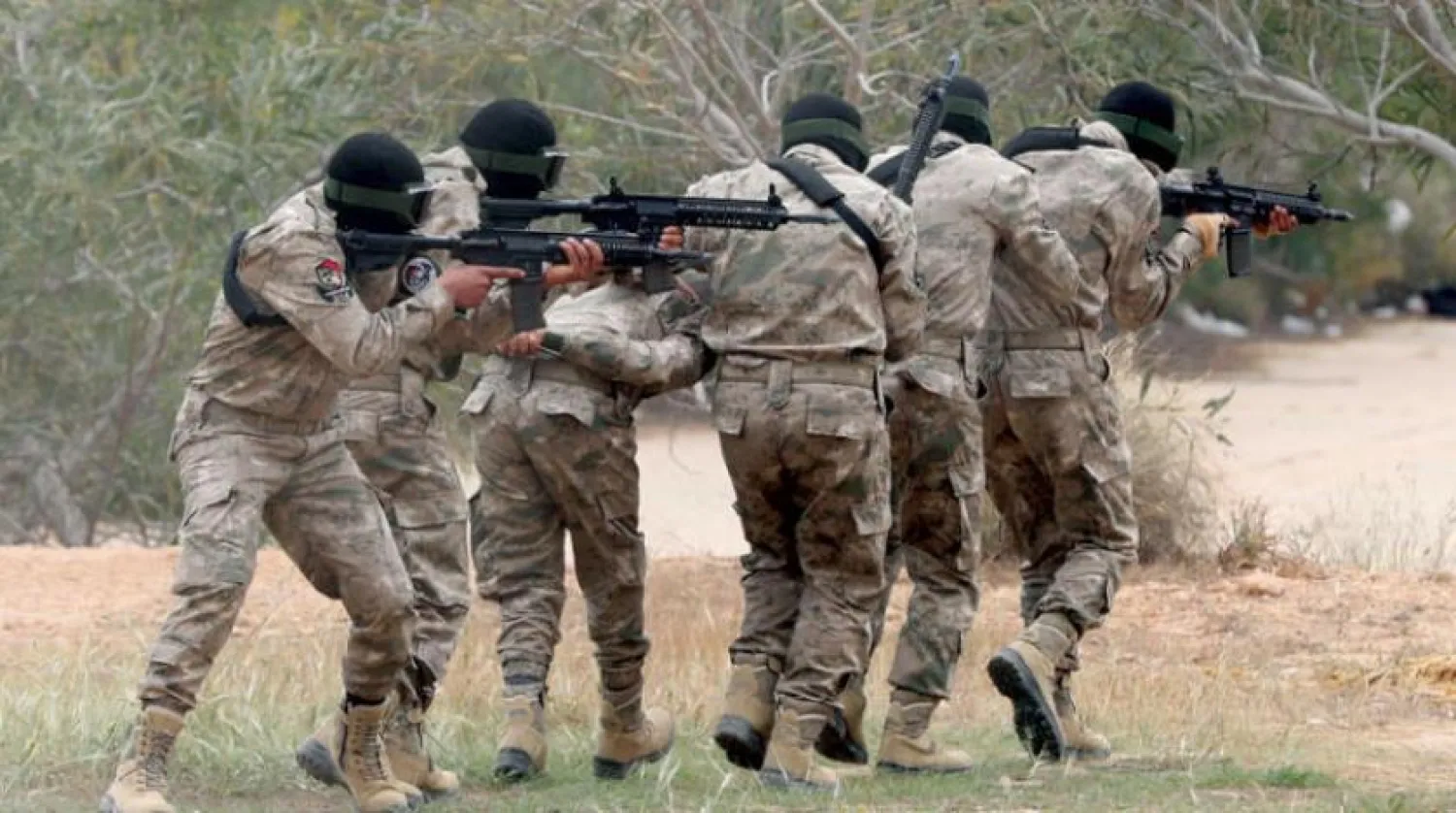Despite the freezing of military operations between Libya’s “eastern and western camps", in accordance with the ceasefire agreement signed in Geneva on Oct. 23, some international parties are still encouraging the presence of their mercenaries to achieve personal interests.
The military “theater of operations”, which is located near the city of Sirte, remains an open field for forces loyal to Turkey, and others affiliated with Russia.
Some Libyan politicians believe that Ankara “did not come to the country to leave quickly.”
The Syrian Observatory for Human Rights (SOHR) reported on Saturday that the Turkish government has sent a new batch of “mercenaries” to Libya during the past few days, consisting of 380 members.
In this regard, Libyan politicians noted that the withdrawal of “mercenary regiments”, whether they were loyal to Turkey or those affiliated with Russia, passes through “numerous bargains”, as the last card to achieve gains.
While eight members of the US Congress called on the administration of President Joe Biden, last week, to exercise all the necessary influence to persuade or force foreign “mercenaries” to leave the Libyan soil, Turkey continues to push more elements into the country, while the Russian side denies the presence of its fighters in the ranks of the Libyan National Army.
Consequently, it is expected that fighting in Sirte would continue amid a clash of interests and despite calls by the UN and international and regional parties to expel mercenaries and foreign fighters from the country.
In this regard, the National Committee for Human Rights in Libya called on the 5+5 Joint Military Commission to work to expedite the implementation of the terms of the ceasefire agreement, including the expulsion of all foreign mercenaries and foreign forces from Libyan lands without exception, and the suspension of military and security cooperation agreements signed during the period of armed conflict.
The committee also called on the Security Council and the United Nations Support Mission in Libya to speed up the work of the international observer mission, which is charged with supervising the implementation of the ceasefire.









